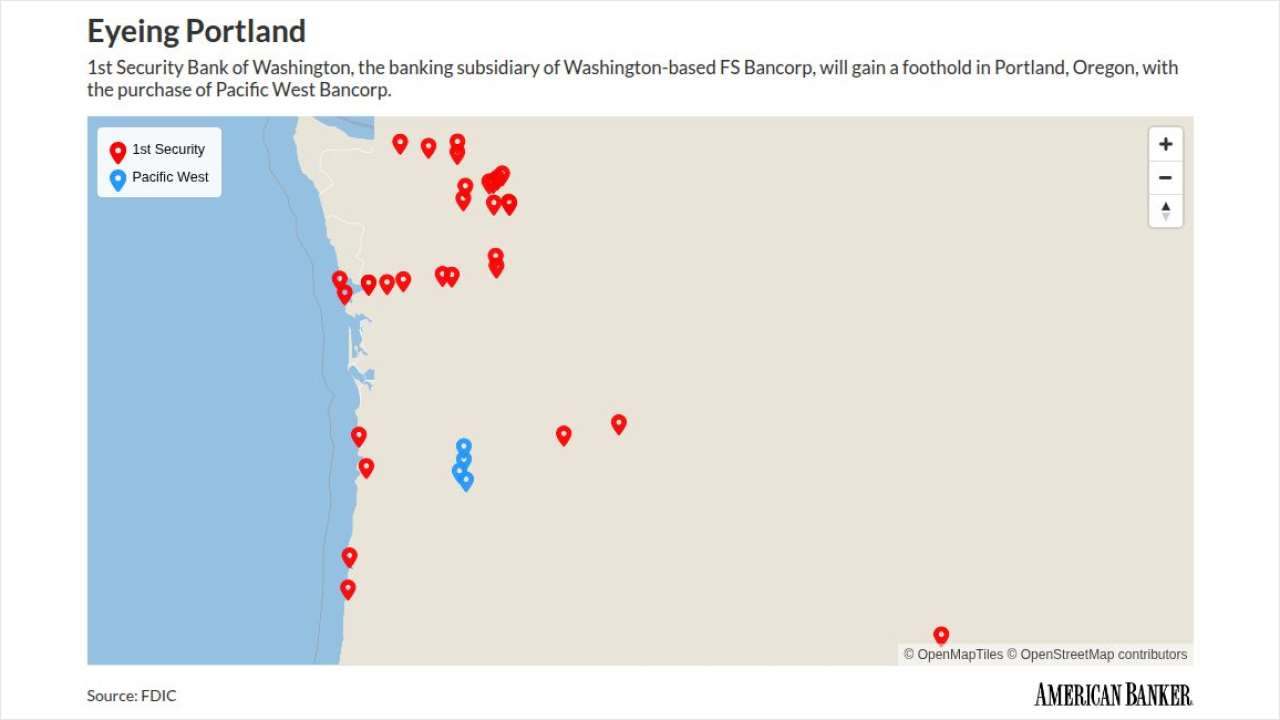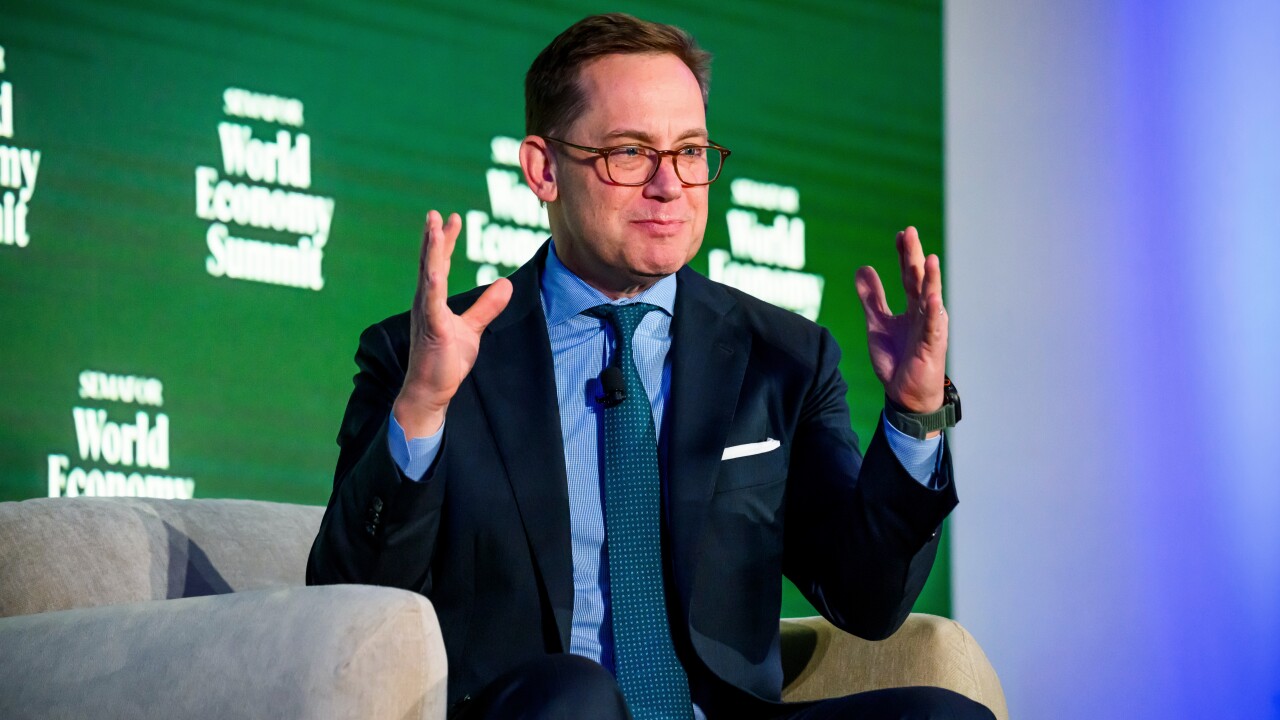JPMorgan Chase and Goldman Sachs boosted the cash portion of their leaders' bonuses for the first time since 2010, as a surge in U.S. bank stocks slows.
JPMorgan's board gave Chairman and Chief Executive Officer Jamie Dimon a $7.4 million cash reward his first since 2011 - - while keeping his total pay for 2014 unchanged at $20 million. Goldman Sachs's board deviated from a four-year practice of paying 30% of Chairman and CEO Lloyd C. Blankfein's bonus in cash. His cash component this time, $7.33 million, accounted for a third of the bonus in his $24 million package.
Wall Street banks retooled compensation in the wake of the financial crisis to emphasize stock that vested over years, ensuring executives had a stake in the health of their firms. That was a boon to employees as U.S. financial shares almost doubled over the past three years a run that slowed in 2014. This year the stocks are off to their worst start since 2009.
"We're a little too soon to be making these types of changes to go backward," Joe Sorrentino, a compensation consultant at Steven Hall & Partners in New York, said of the incremental increase in cash. "Those two companies tend to be trendsetters and leaders, and everyone will be paying attention to the numbers obviously but also to the design."
Spokesmen for both New York-based firms declined to comment on bonus decisions. The other largest U.S. banks Bank of America, Citigroup, Wells Fargo and Morgan Stanley have yet to disclose 2014 pay for their CEOs.
Morgan Stanley, led by James Gorman, 56, said last month it will let employees take home a greater share of their rewards immediately. It's cutting the portion of bonus pools that it defers to an average of 50%, down from almost 80 percent in 2013.
JPMorgan board members left Dimon's total pay unchanged as the 58-year-old weathered another tumultuous year, following botched derivatives bets by a London trader in 2012 and a litany of probes and lawsuits that culminated in 2013. Last year, hackers breached JPMorgan's computers, and the bank settled claims that traders sought to rig foreign-exchange benchmarks. While declining legal costs helped boost profit 21% in 2014 to a record, revenue slipped.
Dimon's bonuses were limited to stock awards two years earlier after the board said he bore "ultimate responsibility" for the London trading scandal and cut his total pay for 2012 in half to $11.5 million. The cash portion of his bonus the prior year had been $4.5 million.
While giving Blankfein more cash, Goldman Sachs's board imposed a new requirement on his $14.7 million restricted-stock award, making half subject to "performance conditions." Last year the 60-year-old CEO also got a $6 million long-term incentive tied to certain targets, bringing his total package to $29 million. Any such award this year would be disclosed in the months ahead.
Bank stocks took off near the end of 2011. The Standard & Poor's 500 Financials Index soared 68% over the following two years, and climbed 13% last year. The 85-company index dropped 2.9% this month through Thursday.
Goldman Sachs almost doubled in the first two years of the rally, then climbed 9.4% last year. JPMorgan rose 76% in the first two years, then gained 7%.
Even with the added cash payouts, much of Dimon's and Blankfein's pay hinges on helping shareholders, said Mark Borges, principal at San Francisco-based compensation consulting firm Compensia Inc.
"They still get the majority of their pay in stock, which still provides some alignment," he said.





